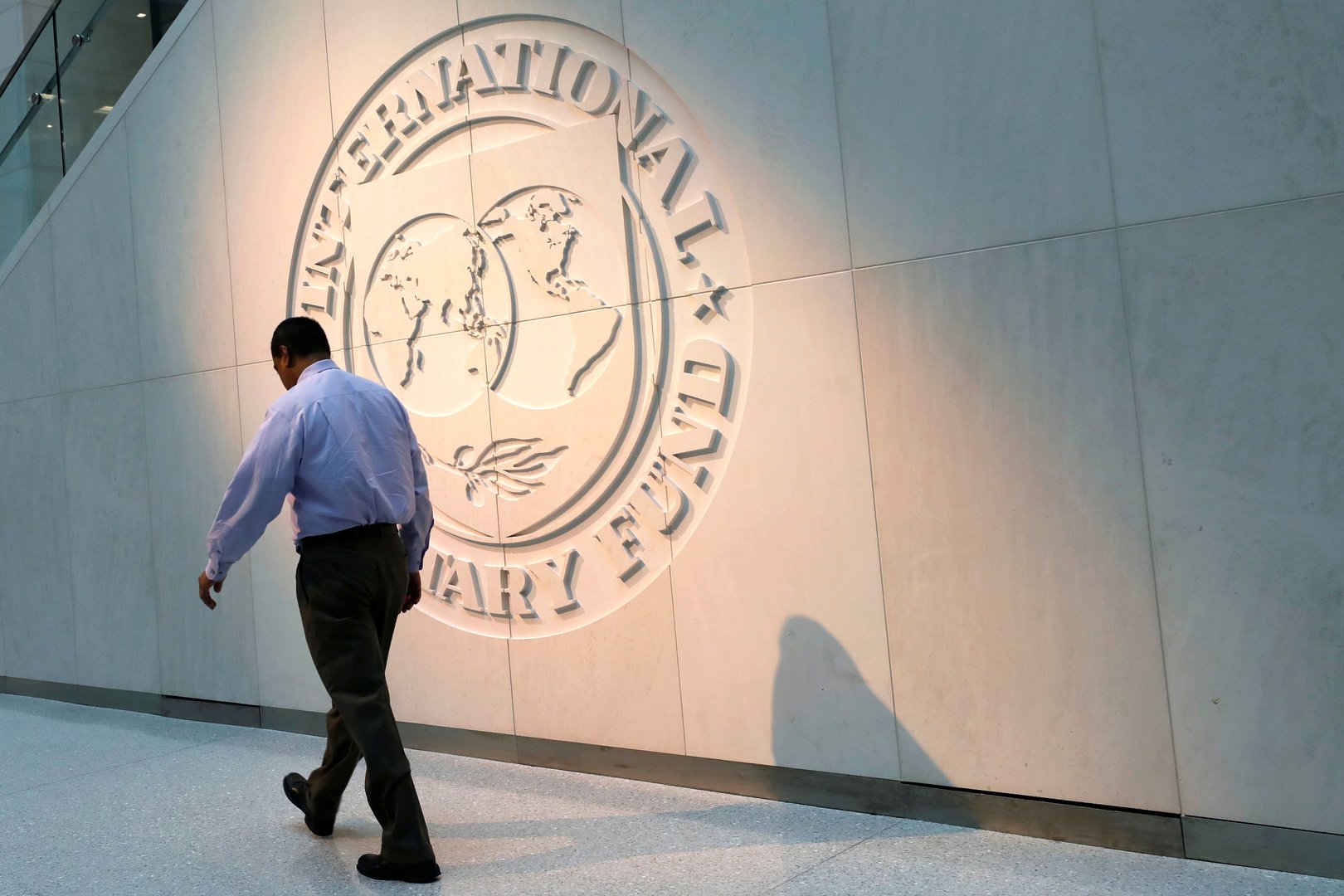By Andreas Charalambous and Omiros Pissarides
In 2022, the world economy exhibited subdued growth, accompanied by intense inflation pressures and energy security concerns. The continuing pandemic – particularly acute in China – the war in Ukraine, successive interest rate increases undertaken by major central banks, as well as the limited fiscal space due to the accumulated high level of public debt, contributed to a challenging environment.
The managing director of the International Monetary Fund has already issued a warning for an even more challenging 2023. The various projections point to merely marginal growth in the US, as the best case scenario, recession in the EU, and adverse developments, even for the mighty growth engine of China.
The main constraining factors include persistently high inflation, further expected interest rate increases by central banks, in their effort to bring inflation back to target levels, as well as the continuing energy crisis, exacerbated by Europe’s attempt to reduce, and potentially even eliminate, its dependency on Russian imports.
Some factors, however, suggest that the world economy may perform better than anticipated. First, the recent downward trend of inflation in conjunction with rather moderate wage increases, is expected to allow central banks to adopt a less aggressive stance as regards interest rate increases. Most analysts predict that interest rate increases in the eurozone will peak at around 3 per cent by mid-2023, with such a development enabling sufficient flow of lending within the economy.
Second, the observed success in energy savings has led to steep declines in demand and hence in oil and natural gas prices, while the adverse repercussions of the energy crisis on production were less pronounced than originally anticipated. Specifically, the EU has consumed 20 per cent less natural gas during the period August to November 2022, enabling storage levels to stand 13.4 per cent higher than the January average in prior years. Therefore, and notwithstanding the prevailing uncertainty due to the continuing war in Ukraine, energy prices are not expected to escalate. Third, satisfactory employment levels and wage rises (albeit moderate and lower than inflation) have supported consumption demand.
In Cyprus, the positive performance of the tourism sector, as well as the growing rate of establishment of foreign companies, mainly in the IT sector, has led to better economic outcomes than initially predicted. The same factors are expected to continue to positively shape developments during 2023, although the degree of uncertainty remains elevated.
The relatively satisfactory performance of the economy is masking serious structural deficiencies facing Cyprus. It is important, consequently, and in parallel to the adapted policies aiming at addressing the short-term repercussions of the current crisis – which need to become more targeted – to focus on the long-term challenges.
Cyprus continues to lag behind in crucial sectors, such as energy savings, the promotion of renewable energy sources and the digital economy. Furthermore, the economy continues to depend on sectors characterised by volatility, including the construction sector, which is burdening the environment in a disproportionate manner and faces issues of long-term viability. Lastly, Cyprus needs to confront a serious labour shortage problem, via the re-orientation of its education system in line with market needs and, in parallel, an all-encompassing immigration policy aiming at attracting qualified labour.
Andreas Charalambous is an economist and former director at the Ministry of Finance. Omiros Pissarides is Managing Director of PricewaterhouseCoopers Investment Services








Click here to change your cookie preferences